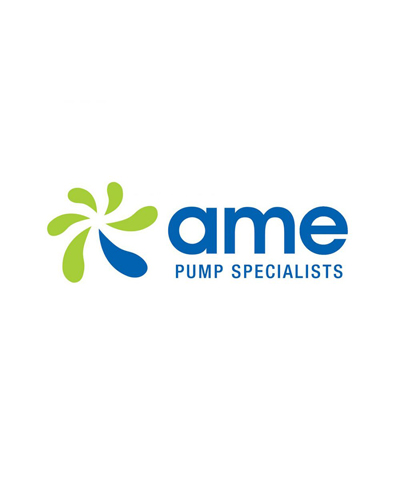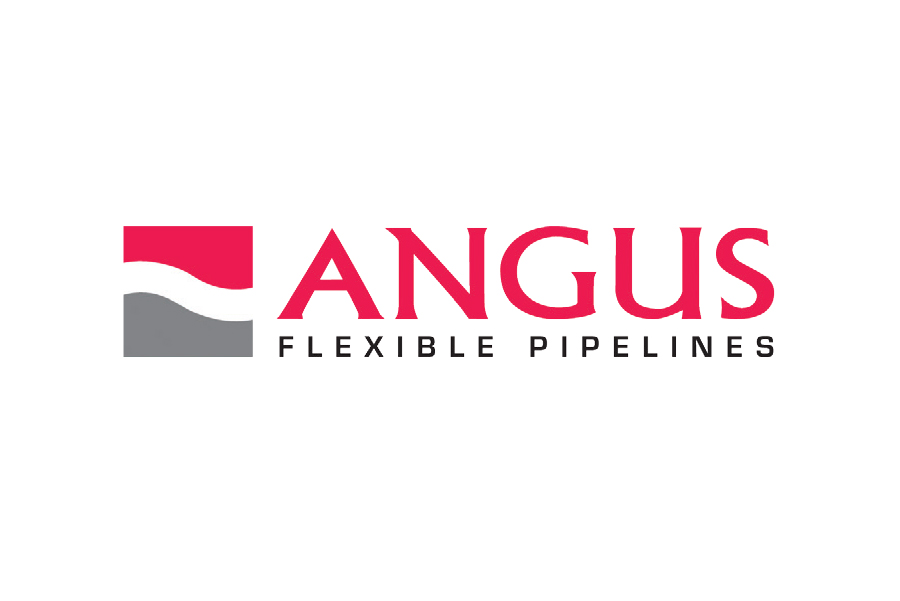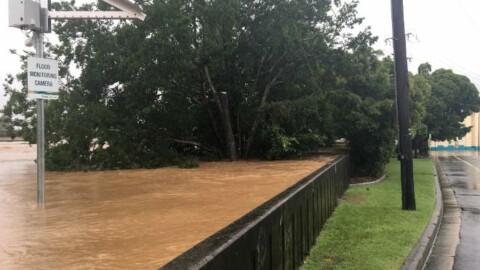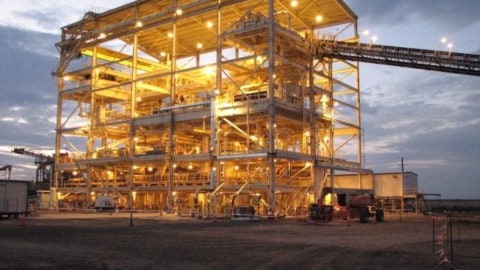AGL has reaffirmed its plan for all water extracted from its Gloucester Gas Project (GGP) to be desalinated and used to irrigate local farms. The company states that no untreated extracted water or blended water will be reused or discharged in the local catchment.
The final draft of the GGP’s Extracted Water Management Strategy, prepared after widespread stakeholder consultation, proposes several stages of pre-treatment, followed by reverse osmosis to desalinate the water.
Senior hydrogeologist, John Ross, said the treated water would then be suitable for reuse for operational processes on the project, as well as for local stock watering or irrigation.
In accordance with government approvals currently in place, AGL would only release this treated water into local waterways in the unlikely circumstance that storage dams were full and irrigation is not possible.
Mr Ross said that forecast water volumes from the GGP were 40 per cent lower than originally predicted, making the stream release option for treated water a remote one. If it did occur it volumes would be very small and would only be in the early years of the project.
“Reverse osmosis is one of the most efficient ways to remove salt from water. More than 90 per cent of the water that comes through the process is recovered and is suitable for a variety of beneficial uses,” Mr Ross said.
“The water would be of such good quality that in the unlikely event of our storage dams being full, it could safely be released to the Avon river. In fact, the river would most likely have higher salinity than the treated water,” he said.
AGL will be presenting this final draft to key government agencies, Gloucester Shire Council and Mid Coast Water. Following this, a final version will be submitted to the Department of Planning and Environment for their endorsement.
The AGL Board will decide in 2016 if the Gloucester Gas Project, currently in exploration phase, will progress to Stage One of production, which includes the desalination plant.


















